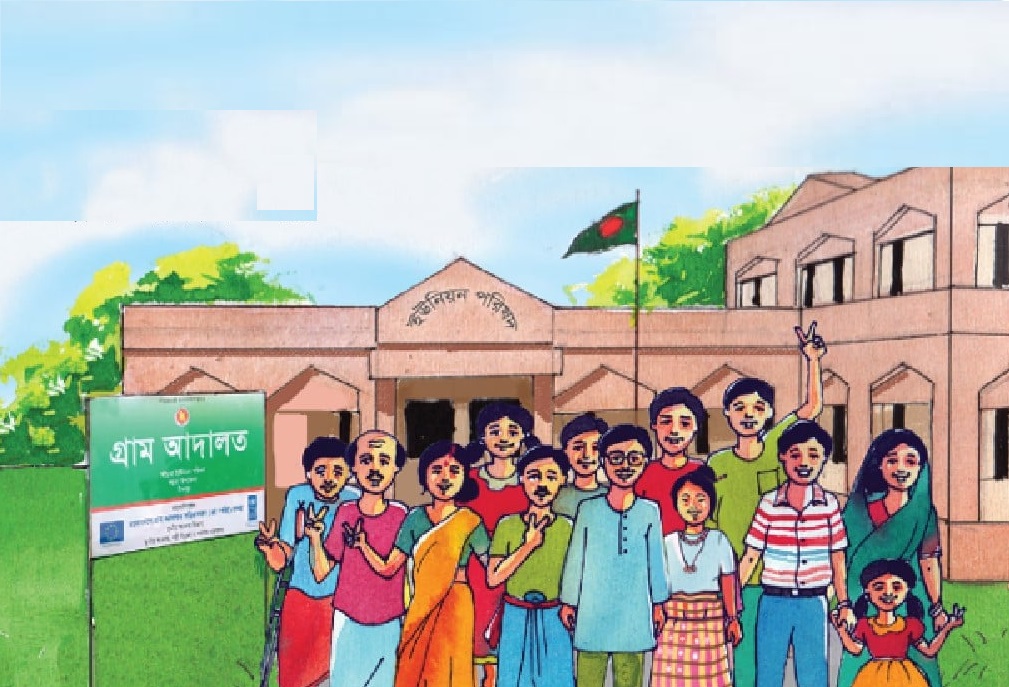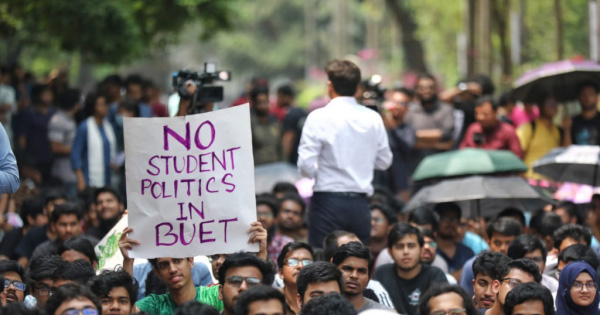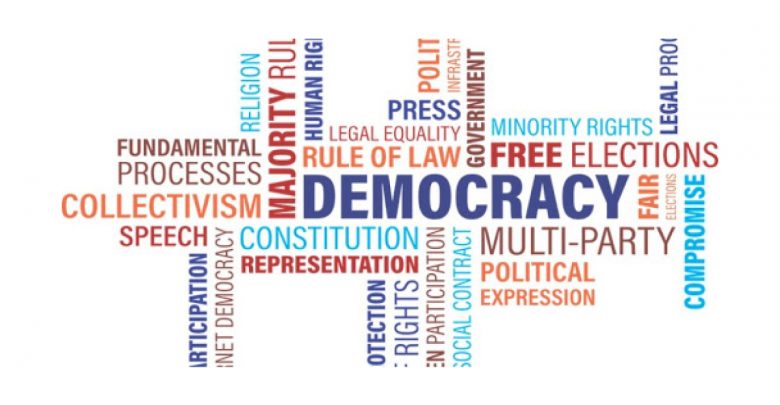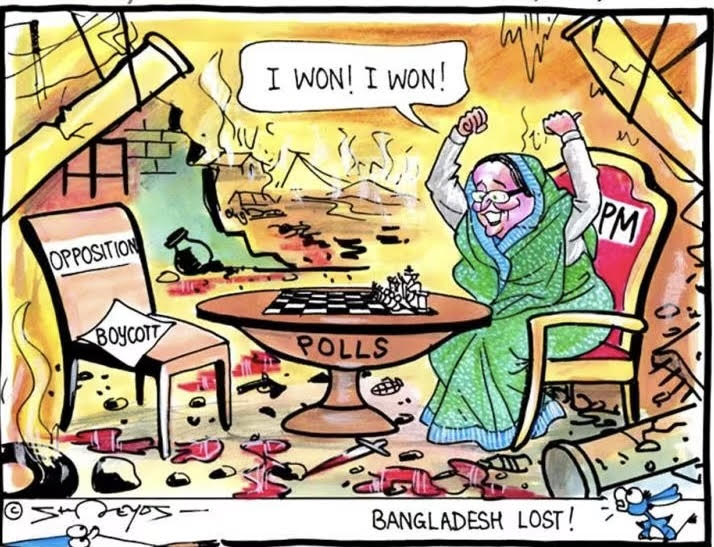On November 16, the Bangladeshi Election Commission declared that the polls for the 12th Parliament of Bangladesh, or Jatiyo Sangsad, will take place on January 7. The Bangladeshi government passed the Ansar Battalion Bill 2023 on October 23. The timing drew criticism. The measure gives the Ansar, a paramilitary auxiliary force, the authority to raid suspects’ residences, apprehend, hold, and turn over suspected criminals to the police.
Prior to the 12th Parliamentary Election in Bangladesh, which is scheduled on January 7, 2024, tensions and conflicts persisted in the political environment. As part of their non-cooperation action, the Bangladesh Nationalist Party (BNP) and its supporters, in the face of ongoing arrests and incarceration of its leaders and members, embarked on a nationwide dawn-to-dusk strike on December 19. This movement highlighted worries about the alleged lack of impartiality and fairness in the next election process, as did the possibility of withdrawing candidates.
The ruling Awami League (AL) was accused by the Bangladesh Congress of rigging the election through seat-sharing agreements, and the party threatened to withdraw all 121 of its candidates. Dissatisfaction among coalition partners was further exacerbated by the divisive topic of seat allocation, which reflected larger difficulties in reaching an understanding and collaboration across political entities. Further complicating matters, the Jatiya Party was given 26 seats in the National Parliament by the AL-alliance, while only 6 seats were given to its other allies.
In the midst of the political unrest, violent incidents leading up to elections occurred. Notably, there were assaults on independent candidates, which added to the election complexities. In the meantime, BNP Secretary General Mirza Fakhrul Islam Alamgir faced difficulties obtaining bail in ten instances, demonstrating the intricate legal framework encircling the opposition’s participation in the electoral process.
On the flip side, Prime Minister Sheikh Hasina has focused her remarks on the economic gains made during her three terms in office. She has been busy launching a number of projects quickly, including the first under-river tunnel in South Asia, the Bangabandhu tunnel under the Karnaphuli River, and the elevated motorway in Dhaka. She also visited the soft opening of Terminal 3 of the Japan International Cooperation Agency (JICA)-built Hazrat Shahjalal International Airport (HISA) in Dhaka, and displayed her receipt of the first shipment of uranium from Russia for the 2400 MW nuclear power plant in Rooppur. The Akhaura-Agartala broad-gauge line, the Khulna-Mongla Port Rail Line, the Padma Bridge Railway Link, MRT Line 6, and Unit II of the Maitri power plant were all opened in recent months under Hasina’s administration. One can say, this rushed showdown of such progressions is a cry for winning the election battle.
Despite their full attempt at yet another unchallenged election, the AL is still apprehensive about the polls. Given the Biden administration’s outspoken stance on the impending elections, Hasina stated in Parliament that the US is interested in ousting her from office. “Imposing visa restrictions on Bangladeshi individuals responsible for, or complicit in, undermining the democratic election process in Bangladesh,” was the specific announcement made by the US.
Aside from the internal dynamics, outside powers are also interested in Bangladesh’s 12th Parliamentary Election due to worries about its fairness and transparency. Prior to the general election, rumors of widespread arrests and accusations of torture against opposition members deeply concerned the United States. Moreover, pro-government news sources and influencers in Bangladesh have reportedly been spreading false information created by artificial intelligence in recent months, as per a Financial Times story. Concerns were also expressed by six international human rights organizations about Bangladesh’s current situation with regard to civil liberties and human rights.
Putting all the weights in careful balance, the concern becomes more obscure as to whether the ruling Awami League party is finally pushing the country closer to a one-party state and continuing to what rights groups claim is a campaign to crush opposition, the once multiparty democracy is in jeopardy? If history is any indicator, the power hungry embargo of the ruling party will crush any semblance of a democratic framework. Regardless, the answer is yet to be found while keeping the upcoming election in watch.







